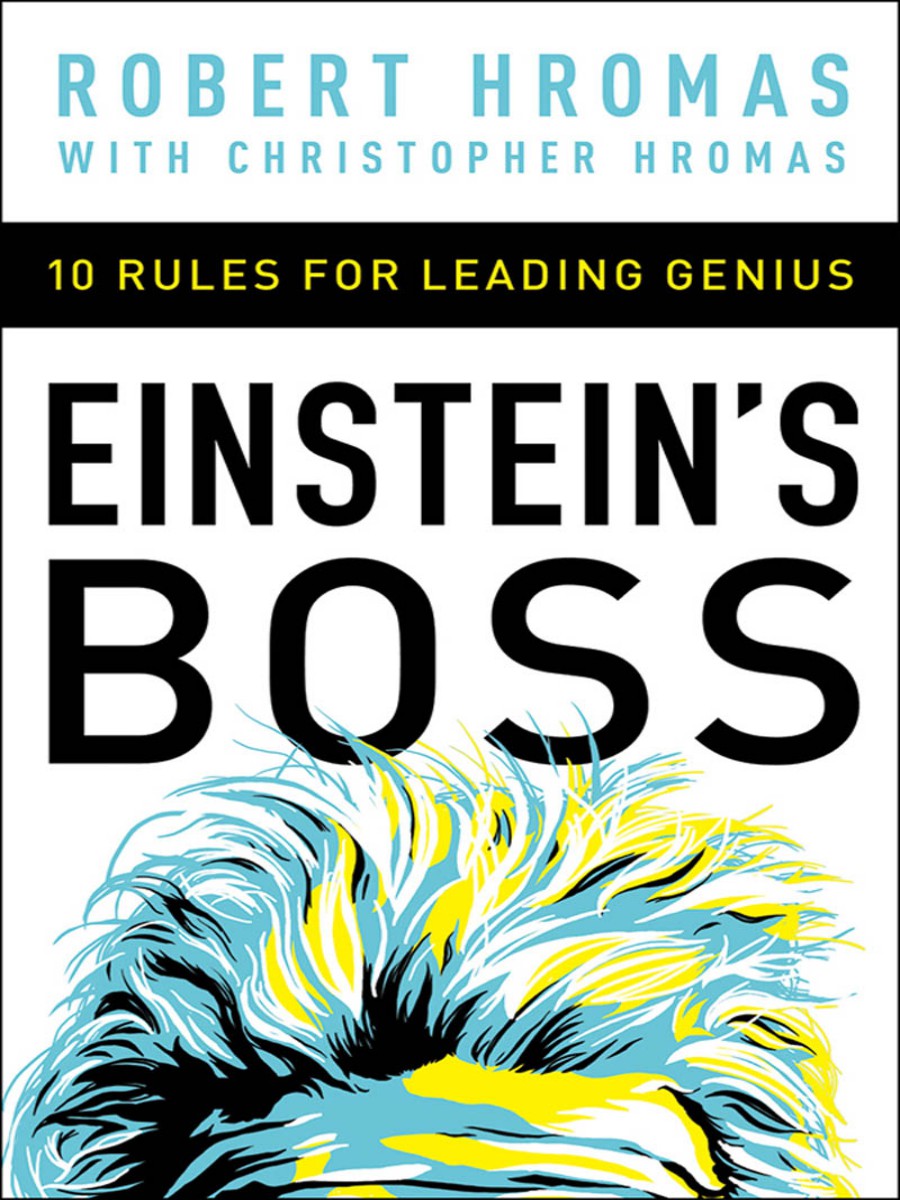

Most ebook files are in PDF format, so you can easily read them using various software such as Foxit Reader or directly on the Google Chrome browser.
Some ebook files are released by publishers in other formats such as .awz, .mobi, .epub, .fb2, etc. You may need to install specific software to read these formats on mobile/PC, such as Calibre.
Please read the tutorial at this link: https://ebookbell.com/faq
We offer FREE conversion to the popular formats you request; however, this may take some time. Therefore, right after payment, please email us, and we will try to provide the service as quickly as possible.
For some exceptional file formats or broken links (if any), please refrain from opening any disputes. Instead, email us first, and we will try to assist within a maximum of 6 hours.
EbookBell Team

0.0
0 reviewsWhen employees are exceptional, everyday rules no longer apply.
In 1933, Albert Einstein fled Nazi Germany for the leafy streets of Princeton, NJ. He would have been welcome anywhere, but Einstein joined the Institute for Advanced Study, bestowing instant credibility on the fledgling research center.
Abraham Flexner, the institute’s founder, wasn’t a physicist or mathematician—but he was a gifted administrator. Under his leadership, IAS became a global powerhouse, home to 33 Nobel Laureates, 38 Field Medalists, and myriad winners of the Wolf and MacArthur prizes. The team of thinkers that Flexner assembled produced some of the greatest scientific advances of the 20th century. The man had a knack for leading genius.
Einstein’s Boss filters Flexner’s practices through the lens of modern business, where industries from computing to engineering to biotechnology compete for top talent and cutting-edge innovations. Original and insightful, the book explains how to spot the deep thinkers who will transform your business—and reveals 10 rules for guiding them to greatness, including:
• Get out of the way: Allow brilliant people ownership of their projects
• Shut up and listen: Consider their input openly before reaching conclusions
• Turn over the rocks: Be completely transparent—a genius will figure out what you’re hiding anyway
• Practice alchemy: Mix complementary minds together for maximum effect
• Let the problem seduce: Frame challenges in a way that captures the imagination and draws them toward the goal
• Quit chasing squirrels: Guide innovation towards the core mission.
Leading people who are smarter than you is no easy task. But for managers who learn to channel brainpower into breakthroughs, the rewards are boundless.
Albert Einstein was the most influential physicist of the twentieth century. Yet even visionaries rarely go it alone. Most depend on others to create a supportive environment and help channel their genius into new innovations and technical breakthroughs.
Abraham Flexner filled that role for Einstein, as Director of the Institute for Advanced Study at Princeton, a global research powerhouse he built from the ground up. Einstein, then a refugee from Nazi Germany, was one of Flexner’s first recruits—and he made the institute his academic home for more than two decades.
How did Flexner, a former high-school teacher, create this world-class institution, home to dozens of Nobel Laureates, Field Medalists, and MacArthur Fellows? What tactics did Flexner use to forge Einstein and other brilliant, quirky individualists into highly productive, cohesive teams?
Einstein’s Boss tells the fascinating story of Flexner’s behind-the-scenes role guiding key scientific developments. Along the way, the book uncovers 10 leadership lessons for anyone governing a group of Einstein-like geniuses—a critical task for gaining advantages in computing, engineering, biotechnology, and other fast-paced fields.
Weaving historical accounts with examples from the author’s own experience leading top physicians, researchers, and technical and business professionals, the memorable lessons include:
• Mirrors don’t lie: The person you see in the mirror is not a genius. The first Rule of leading genius is to recognize that you are not a genius, and the genius working for you knows it.
• Shut up and listen: The more you talk, the less you lead. Effective listening enhances communication and boosts productivity.
• Turn over the rocks: Highly intelligent people will figure out if you’re hiding something. Be completely transparent and actively gather feedback before finalizing decisions.
• Practice alchemy: Mix personalities together into nonlinear teams. The random collisions can generate enormous creativity.
• Let the problem seduce the genius: Try to push geniuses, and they’ll push back even harder. Great leaders know how to frame challenges in ways that capture the imagination and draw the genius towards the goal.
• Ignore squirrels: Brilliant minds are often darting off in new directions. Guide the team toward the core mission, but recognize when a distraction is worth pursuing.
Smart people are essential for finding novel solutions and pushing knowledge forward. But they’re rarely smart about collaborating, taking directions, and working toward common goals. Einstein’s Boss explains the 10 unbreakable rules for bringing geniuses together and leading them to greatness.
Robert Hromas, M.D., is a seasoned administrator, mentor, scientist, and clinician. He is Dean of the Lozano Long School of Medicine at the University of Texas Health Center in San Antonio. He leads a medical school of 1,300 faculty physicians and scientists, and 800 physicians in training, as well as personally supervising a laboratory that designs new cancer drugs.
Christopher Hromas, Ph.D., taught ethics at Fordham University in New York City, and now is Project Manager at University of Florida Health.